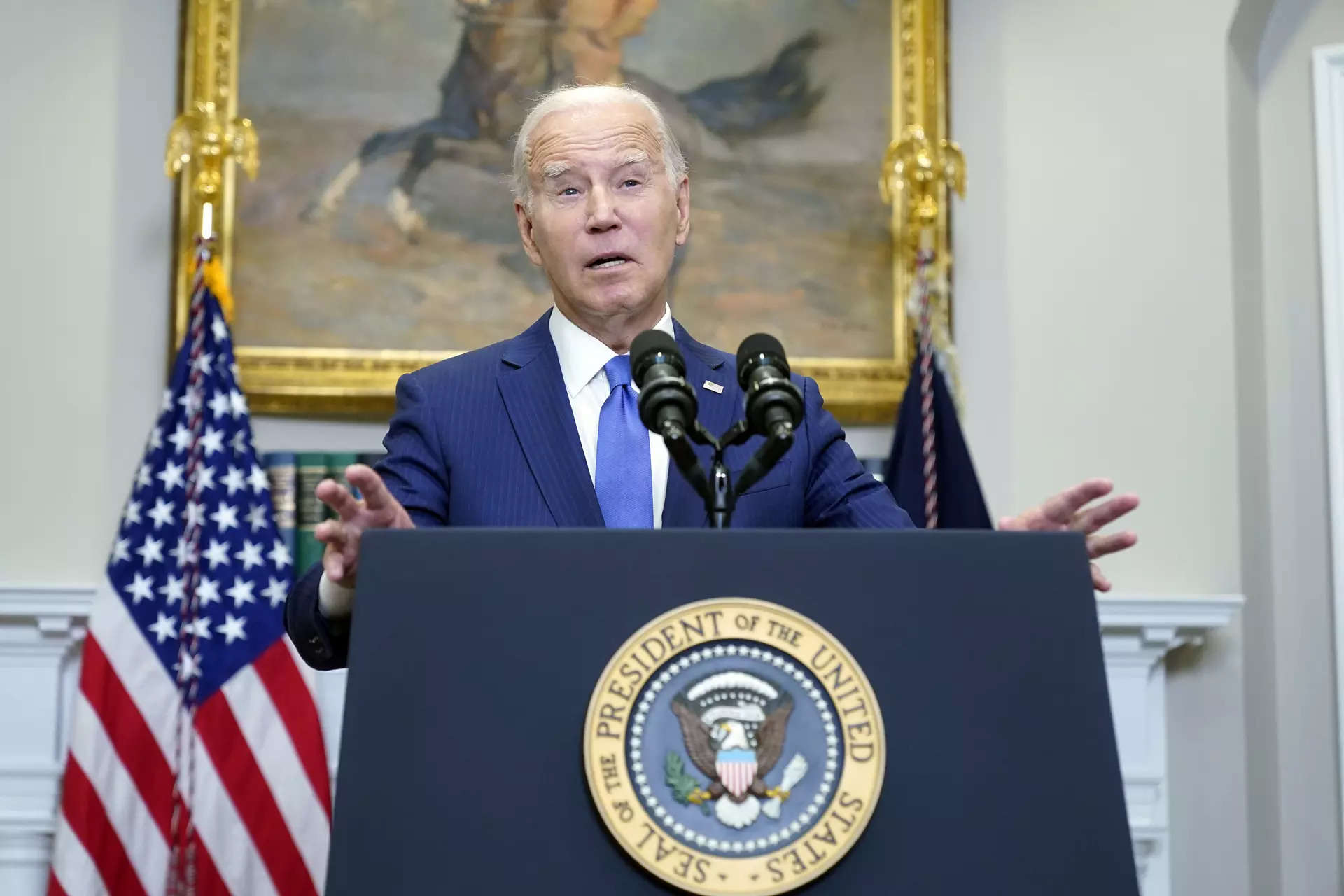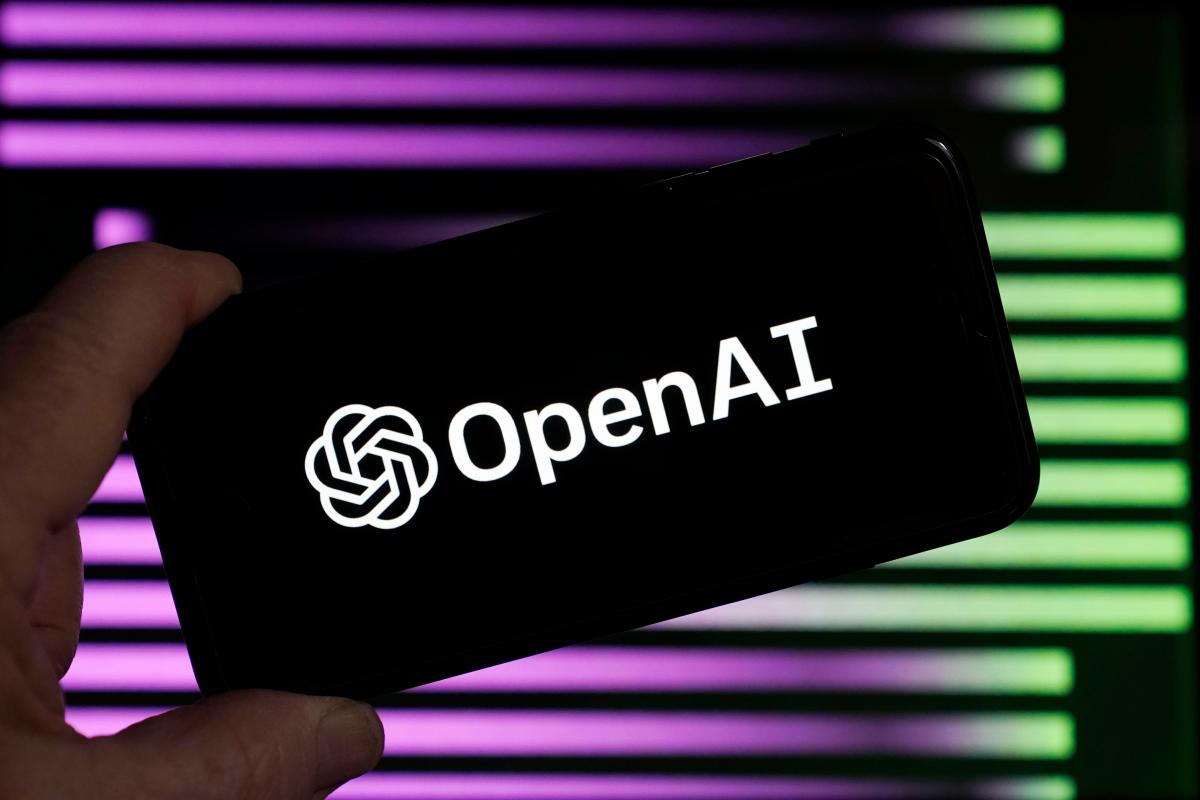White House 2023: OpenAI, Google, Meta, and Others Commit to Watermark AI-Generated Content for Safety

White House 2023: OpenAI, Google, Meta, and Others Commit to Watermark AI-Generated Content for Safety
The businesses, including OpenAI partners Microsoft, Anthropic, Inflection, and Amazon.com, promised to properly test technologies before making them available.
President Joe Biden said that the White House had received voluntary promises from AI businesses, including OpenAI, Alphabet, and Meta Platforms, to implement safety measures like watermarking AI-generated content.
We still have a lot of work to do as a team, but these agreements are an excellent first step, according to Biden.
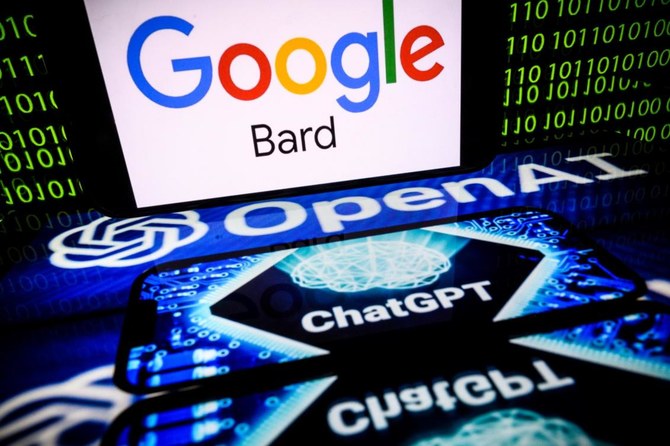
At a White House event, Biden said that “we must be clear-eyed and vigilant about the threats from emerging technologies” to American democracy in response to mounting worries about the potential for artificial intelligence to be exploited for disruptive purposes.
The businesses, including OpenAI partners Microsoft, Anthropic, Inflection, and Amazon.com, promised to rigorously test systems before releasing them and share knowledge about how to lower risks and invest in cybersecurity.
The action is considered a victory for the Biden administration’s attempts to control the technology, which has witnessed a boom in investment and consumer appeal.
“We welcome the president’s leadership in bringing the tech industry together to hammer out concrete steps that will help make AI safer, more secure, and more beneficial for the public,” Microsoft said on its blog on Friday.
Since generative AI, which utilizes data to produce fresh material like ChatGPT’s human-sounding language, became so well-liked this year, politicians worldwide have started thinking about how to lessen the risks cutting-edge technology poses to the economy and national security.
In terms of regulating artificial intelligence, the U.S. falls behind the EU. EU legislators approved a set of draught regulations in June, and they require platforms like ChatGPT to reveal AI-generated information, assist in separating so-called deep-fake photos from real ones, and provide protections against unlawful content.
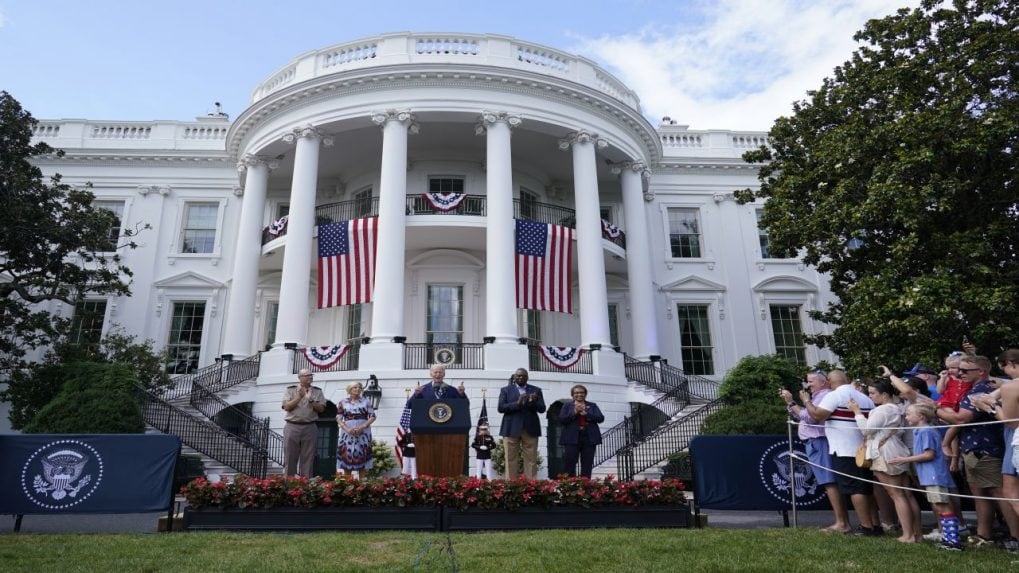
Chuck Schumer, the majority leader in the U.S. Senate, called for “comprehensive legislation” to promote and establish safety measures for artificial intelligence in June.
A measure that would make political advertisements reveal if AI was used to produce visuals or other material is being considered by Congress.
Biden said he is also working on creating an executive order and bipartisan legislation on AI technology when hosting executives from the seven firms at the White House on Friday.
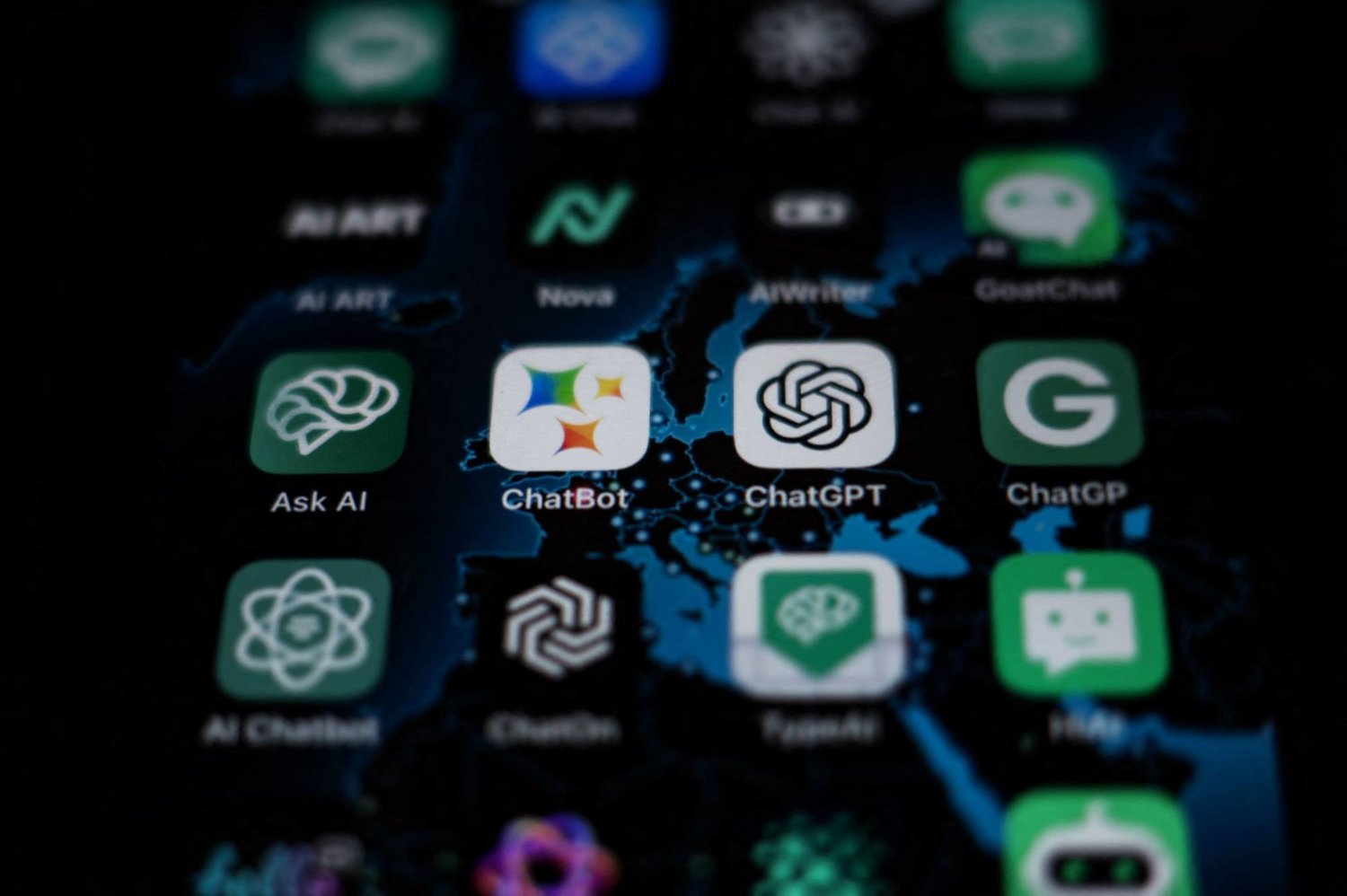
“More technological change will occur in the next ten years, or maybe the next few years, than in the previous fifty years. That has been an incredible discovery for me.
In a monumental joint statement, industry leaders such as OpenAI, Google, and Meta (formerly Facebook) have pledged to watermark all AI-generated content, a move supported by the White House. The decision came after a year of intense discussions with global stakeholders on combatting the potential misuse of advanced AI systems and tools.
The introduction of AI in our daily lives has significantly transformed how we interact with information. It has led to several groundbreaking innovations, such as AI-generated images, texts, music, deepfake videos, and synthetic voices. However, this progress comes with its own set of challenges and potential risks. One of the primary concerns is the misuse of AI-generated content to spread false or misleading information, an issue that has prompted urgent action from industry leaders.
OpenAI, Google, and Meta, along with several other AI giants such as IBM, Adobe, and Microsoft, are proactively protecting users. These industry leaders have committed to implementing watermarking on AI-generated content to mitigate the risks of misuse and disinformation. This watermarking will not be limited to images and videos but will extend to any AI-generated content, including text, music, and more.
The collaborative move to watermark AI-generated content was announced during a White House summit to foster a safer online environment. This commitment involves a radical shift toward the transparency of AI-created content. It is intended to allow anyone interacting with such content to recognize its AI-originated nature immediately.
The White House has played a crucial role in prompting this action, fostering dialogue between these industry leaders and advocating for increased transparency and responsibility in using AI. The summit was an important venue for discussing pressing AI ethics, safety, and misuse issues.

The U.S. administration has emphasized the importance of the technology industry taking collective responsibility in curbing potential issues arising from AI advancement. By encouraging the introduction of the watermarking initiative, the White House has demonstrated its commitment to advancing AI technology responsibly and safely.
While many questions regarding its effectiveness applaud, the move to watermark AI-generated content has been raised. Critics argue that dedicated actors could remove these watermarks or manipulate AI systems to bypass this safety feature.
In response, industry leaders have noted that while watermarking is not a complete solution, it is an essential step towards reducing the potential for misuse. They also assert that advanced algorithms and monitoring systems are developing to detect potential watermark removal or manipulation.
While a pivotal move, the watermarking initiative is part of a broader strategy to ensure the responsible use of AI. Additional measures, including stricter regulations, comprehensive AI literacy programs, and sophisticated monitoring systems, are anticipated to be implemented.
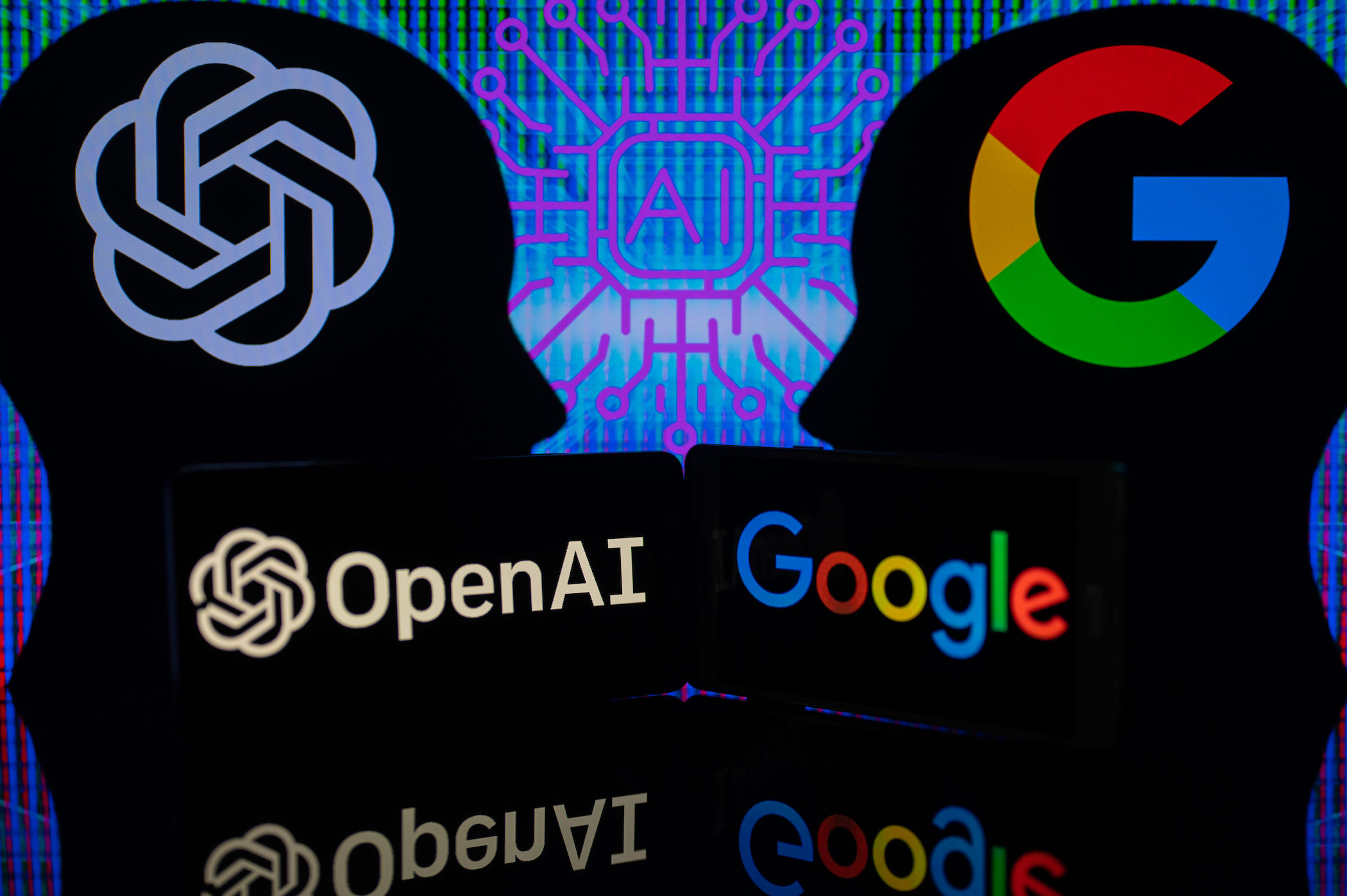
As AI advances and becomes an integral part of our lives, the need for ethical, safe, and responsible use becomes increasingly critical. The commitment from OpenAI, Google, Meta, and other industry leaders to watermark AI-generated content represents a crucial step in the right direction.
Through this move, these technology giants aim to increase transparency, foster user trust, and create a safer online environment. Their pledge underlines the shared responsibility within the industry to mitigate the risks and harness the transformative potential of AI for societal good.
While challenges remain, the collaborative actions taken by these companies, facilitated by the U.S. administration, signify a promising start towards a future where AI can be harnessed safely and responsibly for the benefit of all.
The seven businesses agreed to create a system to “watermark” all types of information, including text, photographs, audio files, and videos, made with AI so that consumers could tell when the technology has been utilised.
This watermark, which is technically included in the material, is supposedly going to make it simpler for users to identify deep-fake pictures or audio that may, for example, depict violence that hasn’t happened, improve a fraud, or alter a photo of a politician to cast the person in an unfavourable light.
How the information exchange process will make the watermark visible needs to be clarified.
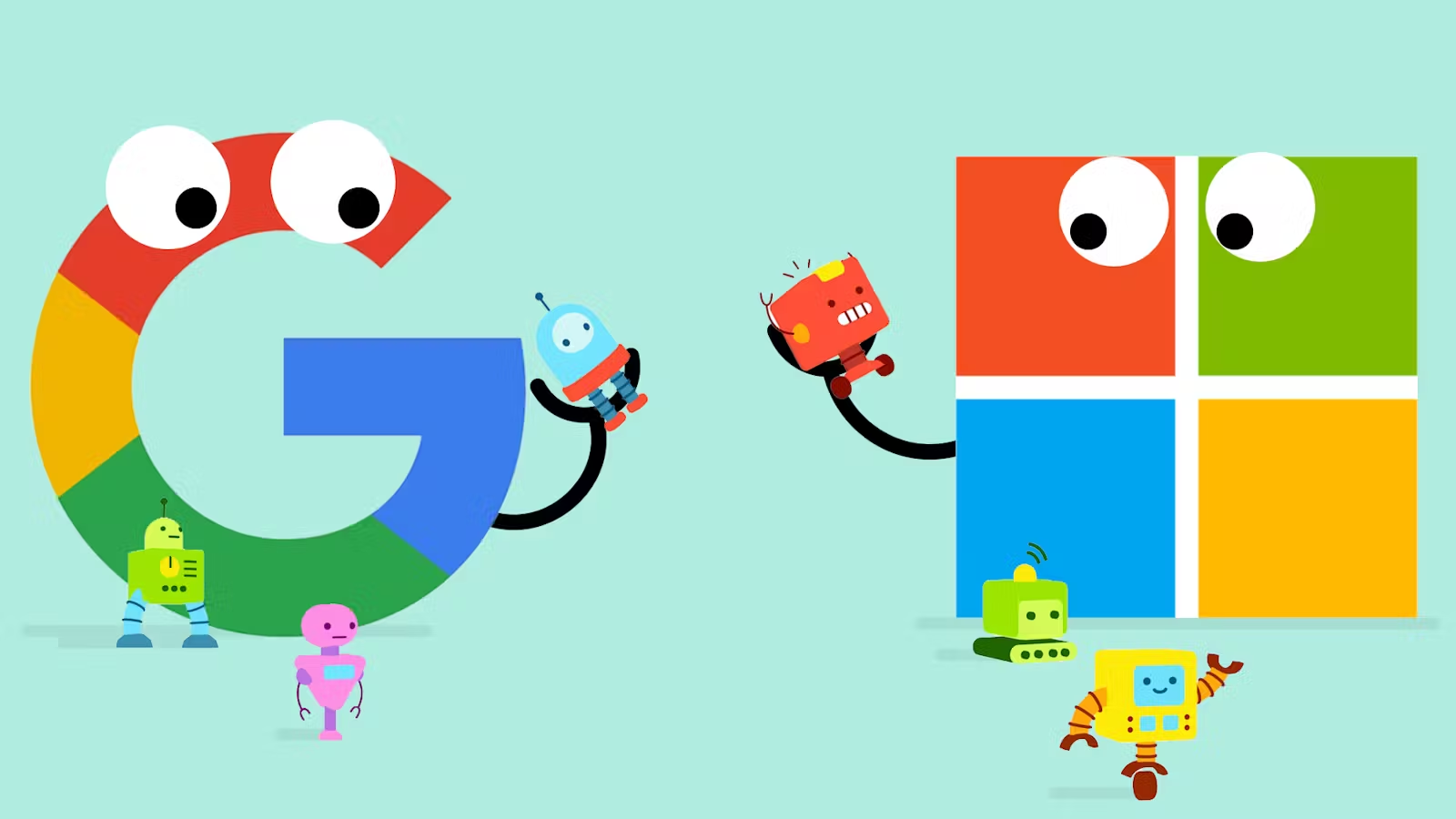
Additionally, the firms committed to concentrating on user privacy protection while AI is developed and ensuring that the technology is neutral and not used to discriminate against weaker groups. Other promises include creating AI solutions for scientific issues like climate change mitigation and medical research.

